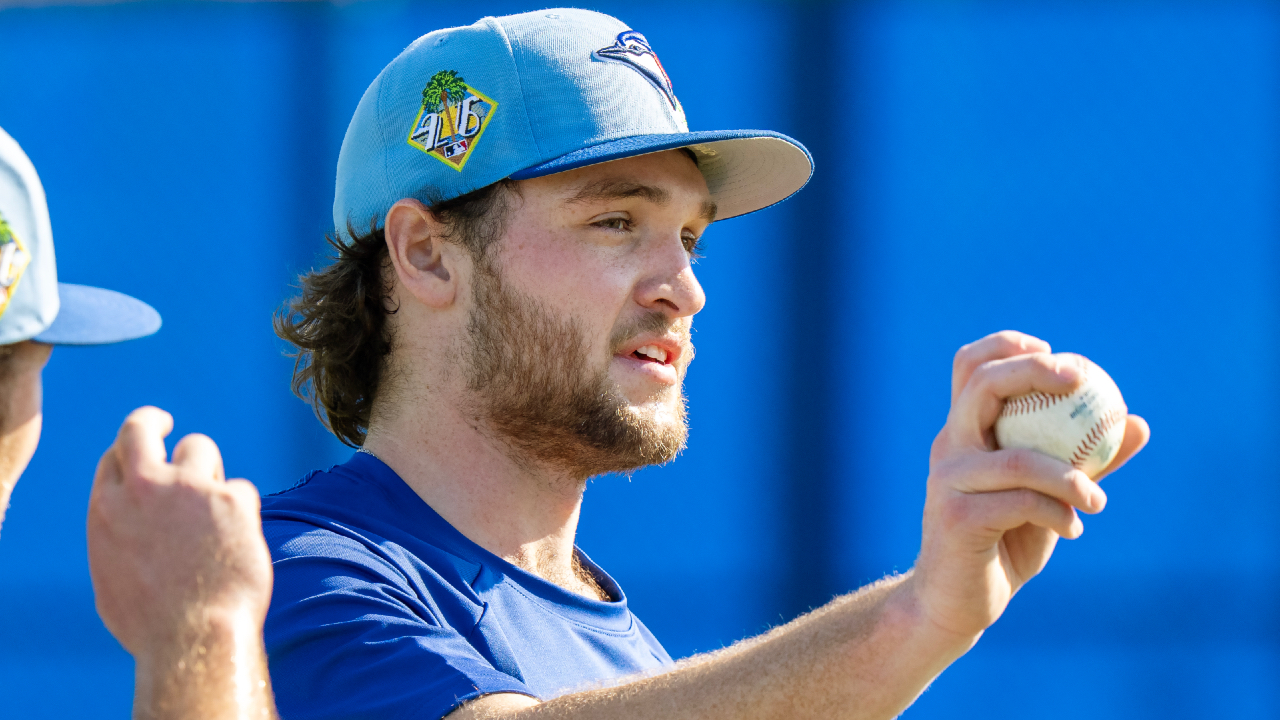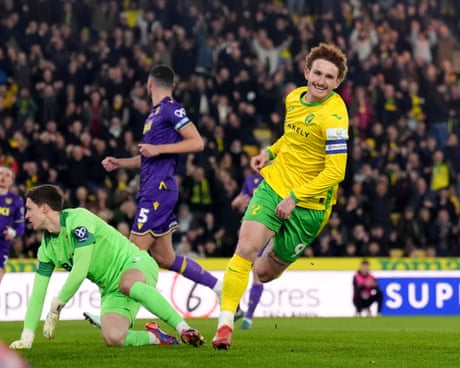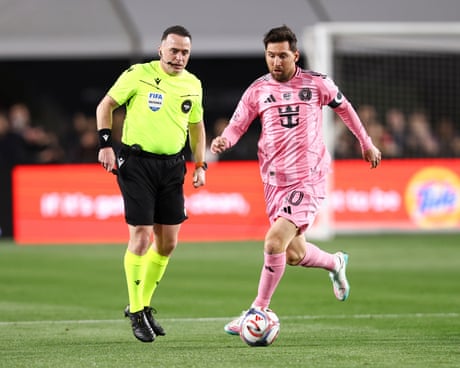
If we’re looking for a theme with two entire first-round playoff games in the books – both wins, we should mention – it’s that the Toronto Raptors are going to have to play better in order to repeat as NBA champions.
This in itself is a triumph. Raptors history — and even a good part of the recent glory years — is littered with these kinds of revelations, but they have traditionally revealed themselves in instances where the team is trailing 0-2, and the goal is to win a round, any round, in the playoffs.
But the Raptors set the bar high last year and this year – even if they’re playing with house money a little bit. They came into the post-season with the best winning percentage in franchise history, the best record in the NBA since Jan. 15 and now at 9-1 — including the seeding games – the best record in Florida.
So breaking pencils and wearing out calculators to solve the Brooklyn Nets seems like a thing that shouldn’t necessarily be happening, at least for a team that has plans of pushing aside the likes of the Boston Celtics, Milwaukee Bucks and, presumably, one of either the Los Angeles Clippers or Los Angeles Lakers in the NBA Finals.
Consider the rostered players Brooklyn doesn’t have with them at Walt Disney World Resort: two-time NBA champion and former MVP Kevin Durant (recovering from an Achilles injury he suffered in Game 5 of the NBA Finals last year), 2016 NBA champion and three-time All-NBA point guard Kyrie Irving (shoulder surgery), Spencer Dinwiddie, Taurean Prince, DeAndre Jordan and Wilson Chandler, all of whom were either starters or figured to be in the top-eight of the Nets’ rotation.
And now the news from Wednesday night that Joe Harris – one of the NBA’s most lethal three-point threats and who has converted 7-of-12 from behind the arc in two games against the Raptors – has had to leave the bubble for a personal matter.
How long he would have to quarantine if he returns is a moving target, but as a guideline the New Orleans Pelicans‘ Zion Williamson had to isolate for four days when he returned to the Disney World campus even though he was being tested every day when he left the bubble for non-medical reasons.
At minimum, it would seem, the soonest Harris would be available again would be Game 6, which is slated for Thurs., Aug. 27.
Let’s just say that if the Raptors are still duelling this version of the Nets by then, they have some significant problems.
Which isn’t to say Toronto doesn’t have some problems, even if they are the kind that the vast majority of NBA teams would dream of having.
The Raptors’ main problem might be scoring.
Toronto saw their 33-point lead in Game 1 shrink to eight points in the span of 17 minutes with the Nets holding them to 22 points during that time – and that’s on an afternoon when the Raptors knocked down a franchise-record 22 threes on 44 attempts. Similarly, through three quarters of Game 3, the Raptors managed just 74 points on 39 per cent shooting before pulling away from Brooklyn with a 30-point fourth quarter on 60 per cent shooting.
The Raptors’ ability to score in the half-court has been a nagging issue all season. As a rough guide, they led the NBA in fast-break points (18.8) and were second in points scored off turnovers (19.5), but were otherwise roughly league average in scoring (112.8 points a game) and offensive rating (110.8 points per 100 possessions.)
Keep the Raptors out of transition – something teams put a much tighter focus on in the playoffs than the regular season – and they might be vulnerable.
Even through two wins the Raptors have shown some cracks. To listen to Nick Nurse after Game 2, one would think the Raptors were trying to score against the 1990s-era New York Knicks backstopped by Patrick Ewing and Charles Oakley rather than a Nets team anchored by Jarrett Allen.
“I’m sure you were seeing how much we were searching for matchups and tendencies,” Nurse said. “You know, who could do what … and it took us a long time. … We were searching for a spark. But we finally found it.”
Should it be that hard?
It will be if the Raptors don’t find a way to get more production out of some key pieces.
When Marc Gasol came back from the hiatus looking leaner and fitter than when he left, he said it was because he was determined to play a bigger and more impactful role than he did during his injury-plagued pre-hiatus season.
So far, not so good. Averaging 19.5 points a game just three years ago in Memphis, Gasol posted seven points per contest on 46.5 per cent shooting in the eight reseeding games and, after a somewhat promising Game 1, was a complete no-show in Game 2, going scoreless in 17 minutes. Through two games he leads the Raptors in turnovers with seven.
Gasol’s intangibles make him valuable under almost any circumstance, but some tangibles would be nice too.
“We expect him to rebound [in Game 3]; he’s such a good player [but]we want to put some thought into it and see if we can get him a few things in there,” Nurse said. “And again, he’s getting knocked around pretty good but the guys that are doing the knocking around are awful, awful short — I mean, not short but they’re smaller than him, you know what I mean?
“So, it kind of looks like maybe there’s not much there because he’s so big and they’re underneath him but he’s gonna have to withstand some of that because it doesn’t look like he’s gonna get those [calls]. It’s before he’s even catching it, as the ball’s on the way and he’s getting chopped and hit and legged and hipped and all kinds of stuff.
“But he’s gonna have to withstand that and play through it if he wants to get a few buckets and a few trips to the free throw line, and he can do it can do it.”
And while concerns about Pascal Siakam may be overblown, the fourth-year All-Star earned a max deal this past off-season with the expectation that he could be the kind of player who could keep an offence flowing in moments when the game gets gluey.
That’s eluded him so far. And though two playoff games are a small sample, Siakam averaged just 16 points on 39 per cent shooting in 33 minutes over seven seeding games in Florida and is now posting 18.5 points on 37 per cent shooting against the Nets.
You want to give Siakam the benefit of the doubt given he put up 22.9 points a game on 45.3 per cent shooting before the hiatus, but he hasn’t been that player in Florida so far.
A red-hot Fred VanVleet and Kyle Lowry can take up a lot of slack, but the Raptors championship profile requires Siakam to be at his best and, to this point, he hasn’t.
The Raptors are going to beat the Nets and it’s hard not to imagine the series being over in four or five games.
But this is a depleted team – a gritty, hardworking group to be sure, but one that has most of its talent outside the bubble and has now added to that with the departure of Harris.
The Raptors’ task isn’t beating the Nets — it’s overcoming teams with far higher ceilings than this version of Brooklyn can put on the floor in Game 3 or beyond.
Through two playoff wins – if you look hard enough, granted – there is some room for doubt that that can be accomplished.






